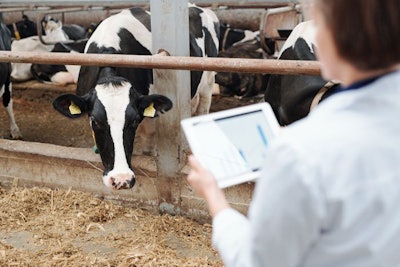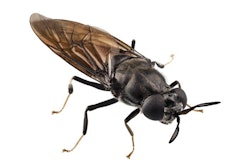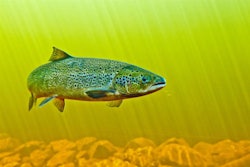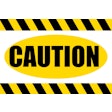
Company says its Bovaer feed additive reduces animals’ methane emissions by 30%
DSM will trial its methane inhibitor Bovaer in dairy cow diets, in partnership with Wageningen University & Research, FrieslandCampina, Agrifirm, De Heus and ForFarmers.
The trial, which will run from November 2019 to February 2020, will evaluate results for different ratios of grass silage and corn diets and with different dosages of Bovaer. It will aim to gather all the information necessary to get the product accredited by the Carbon Footprint Monitor/Climate Module of the Kringloopwijzer (the Annual Nutrient Cycling Assessment).
DSM says Bovaer, a feed additive for ruminants, reduces animals’ enteric methane emissions by 30% at an inclusion rate of one-quarter of a teaspoon per cow per day. The product, which has been in development for more than 10 years, takes effect immediately and is safely broken down in the animal’s digestive system, with no lasting effects after its use is discontinued.
“The feed additive Bovaer therefore contributes to a significant and immediate reduction of the environmental footprint of meat, milk and dairy products,” DSM said on its website.
Extensively studied product
Bovaer has been included in more than 30 on-farm trials and there have been more than 25 peer-reviewed studies on the product published in independent scientific journals.
“Bovaer is the most extensively studied and scientifically proven solution to the challenge of burped methane to date,” DSM said. “No negative impact on animal welfare, feed consumption or performance has ever been identified. After blocking methane production in the stomach, Bovaer is broken down into natural compounds and eliminated by the cow’s normal digestive processes, consistently reducing the methane emissions from cattle.”
DSM sees demand more than 1 year before launch
DSM said the official launch of the product on the market will not happen until late 2020 or early 2021, but Mark van Nieuwland, DSM’s Clean Cow program director, told Reuters that the company is already seeing demand for the product from food producers and farmers. DSM estimated Bovaer’s potential global market value at EUR1billion to EUR2 billion (US$1.09 billion to US$2.19 billion).
“Large (food) companies have clear climate targets, and they need farms to change to meet those,” van Nieuwland said in the report. “Also, consumers are increasing pressure on farmers and many farmers themselves want to limit emissions.”
DSM is awaiting authorization from the European Union to label Bovaer as an environmentally beneficial product.














